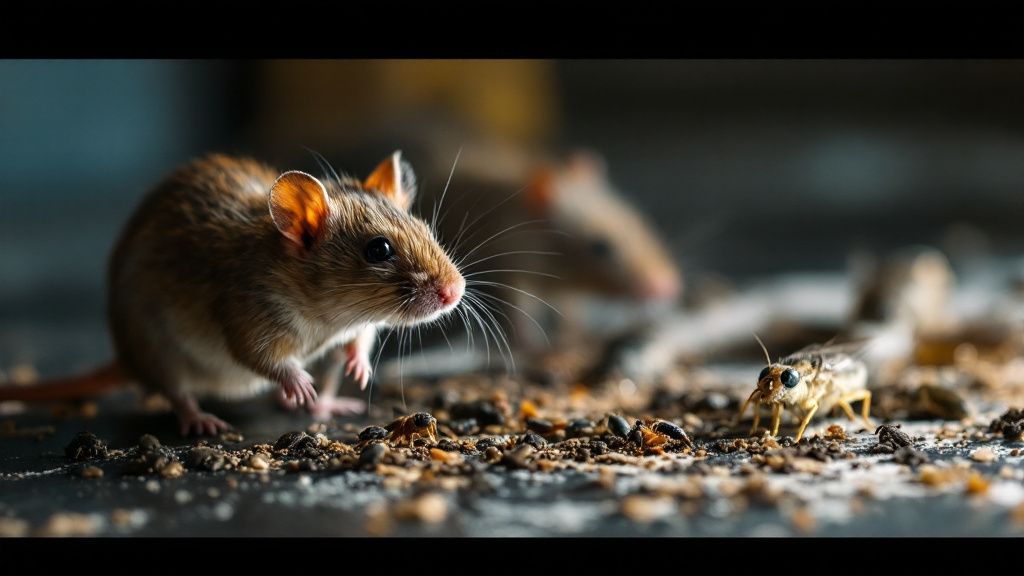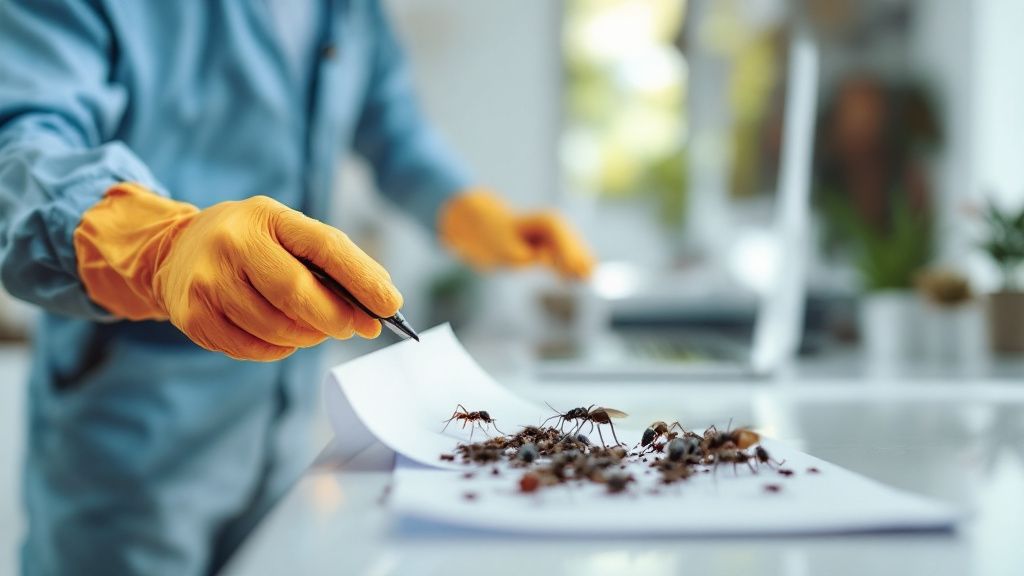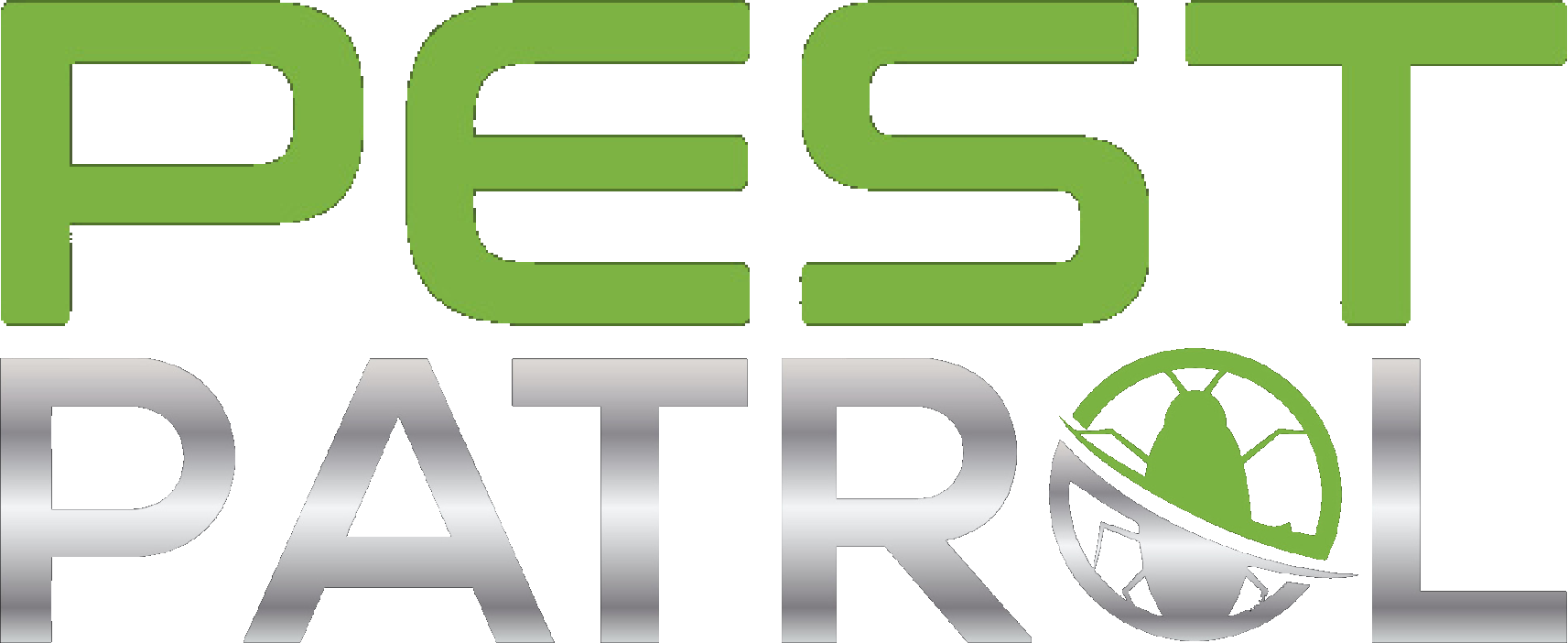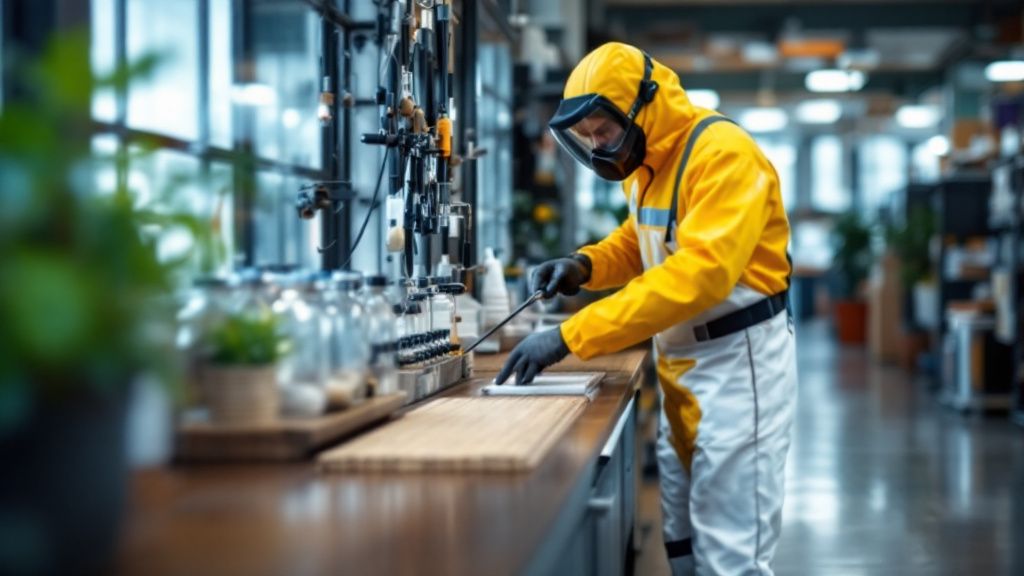In the world of business, ensuring a pest-free environment is crucial for both health and reputation. Your comprehensive approach to commercial pest control involves implementing strategic pest management plans that are both efficient and adaptable. Through the expertise of local pest control experts, you gain access to affordable pest control solutions tailored to your unique needs. A diligent pest control inspection is vital to identify potential problem areas, allowing for targeted treatments that prevent infestations before they start. Emergency pest control services are available when unexpected situations arise, ensuring minimal disruption to your operations. As you navigate commercial pest control costs, consider the long-term benefits of investing in reliable pest management strategies. Regular pest control tips provided by experts can empower you to maintain an optimal environment, safeguarding your business’s success and fostering peace of mind.
Understanding the Importance of Pest Control in Businesses
Maintaining a pest-free environment in your business is vital not only for health and safety but also for preserving your company’s reputation. Pests can lead to unsanitary conditions that might result in health code violations, potential fines, and a decline in customer trust. Engaging commercial pest control services helps you uphold a professional standard, allowing you to focus on growth and customer satisfaction.
Investing in regular pest control inspections ensures that any pest issues are detected and addressed promptly, reducing the risk of infestation. These inspections provide comprehensive pest management strategies that are crucial for businesses prone to pest invasions. By understanding the importance of these services, you’re taking proactive steps to prevent long-term issues that can arise from neglecting pest control.
To maximize the effectiveness of pest control solutions, it’s advisable to consult with local pest control experts who can offer tailored advice specific to your business location and industry. To make the most of commercial pest control, consider establishing a routine schedule with professionals to perform preventive measures and swiftly deal with any emergencies.
Pest control costs might seem like an added expense, but consider them an investment in your business’s future. By implementing pest control tips and strategies, you safeguard your assets, ensuring smooth operations regardless of external pest threats.

Types of Pests Commonly Found in Commercial Spaces
In commercial spaces, you often grapple with various pests, each presenting distinct challenges. Rodents such as rats and mice are common culprits, drawn by food sources and shelter. Their presence can lead to contamination and structural damage. Cockroaches, known for spreading bacteria, thrive in hidden, warm areas, making regular pest control inspections essential in maintaining a hygienic environment and averting potential health risks.
Ants are another prevalent pest in businesses, often infiltrating through the smallest of cracks in search of food and water. Their colonies can expand rapidly, posing a significant concern for maintaining cleanliness in areas such as kitchens and storage rooms. Employing effective pest control solutions can prevent these issues from escalating, safeguarding your commercial space’s hygiene.
According to recent studies, the attraction of insects like flies is primarily due to changes in environmental conditions and food availability, highlighting the importance of consistent pest management practices. Understanding these dynamics allows you to implement targeted strategies that address the root causes of pest infestations. Local pest control experts can provide valuable insights into these behaviors, assisting in the development of customized pest management plans.
Bees and wasps are occasionally found in commercial properties, especially during warmer months. While they contribute to the ecosystem, their stings can pose health hazards to employees and customers. Emergency pest control measures may sometimes be required to remove nests safely, balancing the need for safety with environmental considerations.

Effective Pest Prevention Strategies for Businesses
Effective pest prevention strategies in business environments start with maintaining meticulous cleanliness. Regularly cleaning and organizing spaces reduces the likelihood of attracting pests searching for food and shelter. Integrated pest management techniques, which combine sanitation, maintenance, and pest control solutions, offer a holistic approach to keeping your facilities pest-free. Consistent involvement of local pest control experts ensures that preventative measures are up-to-date and effectively implemented.
Securing the perimeter of your commercial building is another critical strategy. Identifying and sealing entry points can prevent pests from entering the premises. While many believe that once pests are out of sight, they are no longer a threat, there’s a strong case for regularly scheduling pest control inspections. This proactive approach can catch potential issues before they escalate, saving you from potential emergency pest control costs.
Educating your staff about pest control tips empowers them to recognize signs of infestations early. Training employees to keep workspaces tidy and report pest sightings can significantly aid in pest prevention efforts. Clear communication with commercial pest control services allows your business to stay ahead of potential problems, reducing long-term commercial pest control costs and ensuring a safe and healthy workplace environment for everyone involved.

Choosing the Right Pest Control Service
Choosing the right pest control service for your business requires careful consideration of several key factors. Evaluating the expertise and reliability of potential service providers is crucial. Engaging local pest control experts not only ensures familiarity with common local pests but also guarantees tailored pest management strategies that suit your unique business needs. Checking customer reviews and industry certifications can further aid you in making an informed decision.
It’s important to consider the range of services offered, from routine pest control inspections to emergency pest control options. You’ll want a provider who can accommodate specific requirements and adjust pest control solutions as needed. Looking ahead, pest control technology is expected to evolve in the following ways: increased use of eco-friendly, non-toxic solutions and the integration of smart technology for real-time monitoring and control.
Discussing commercial pest control costs transparently with service providers can prevent surprises and align expectations. This conversation allows you to configure a plan that fits your budget while ensuring comprehensive protection against pests. Staying informed about pest control trends and maintaining open lines of communication with your chosen service can significantly enhance the effectiveness and efficiency of your commercial pest control efforts.
Evaluating Pest Control Methods: Chemical vs. Organic
Considering the different pest control options available for commercial spaces, how do chemical and organic methods compare in terms of effectiveness and environmental impact? Both approaches have unique advantages that make them suitable for different scenarios, and understanding these can help you make an informed choice that benefits your business.
Chemical pest control methods have long been used for their immediate and potent effects, often chosen for emergencies requiring swift action. These solutions can effectively eradicate pests quickly, minimizing the potential for damage and contamination. However, the use of synthetic chemicals can carry environmental risks and may leave residual effects that require careful management through rigorous pest control inspections.
On the other hand, organic pest control methods are favored for their minimal environmental impact and sustainability. These strategies often employ natural predators, botanical extracts, or biological agents to manage pest populations without harming the surrounding ecosystem. While typically safer, organic methods may require more time to achieve noticeable results and repeated applications to maintain effectiveness.
Choosing between chemical and organic pest management methods often depends on the specific needs of your business and the types of pests encountered. Commercial pest control services can advise on a balanced approach, sometimes integrating both methods to maximize efficacy while minimizing ecological impact. Customizing this balance supports effective pest control solutions that align with your operation’s goals and regulatory standards.
When evaluating the cost of each method, consider that while organic solutions may initially seem less affordable, their long-term benefits in reducing chemical exposure and supporting eco-friendly practices can offset initial expenses. Consulting local pest control experts can provide valuable insights into the best approach to maintain a pest-free facility, addressing both immediate needs and future considerations for sustainable business operations.

The Role of Technology in Modern Pest Management
Technology plays a transformative role in modern pest management, revolutionizing how pest control services are delivered and optimized. By leveraging advanced technologies such as IoT (Internet of Things) devices and data analytics, businesses can monitor pest activity in real time. This not only enhances the accuracy of pest control inspections but also ensures timely interventions that preempt potential infestations more effectively than traditional methods.
The current state of pest management shows an increasing trend toward automation and smart solutions. Automated traps, digital tracking systems, and remote monitoring provide actionable insights, allowing you to tailor pest control strategies to your business’s specific needs. This trend reflects a growing demand for proactive, cost-effective solutions that minimize human error and maximize efficiency without elevating commercial pest control costs significantly.
Incorporating technology into your pest management plan enables you to maintain superior control over pest populations while reducing environmental impact. With this approach, affordable pest control becomes more sustainable, delivering value through reduced chemical use and better-targeted treatments. Engaging with local pest control experts who are proficient in these technologies can offer significant advantages, keeping your business at the forefront of effective pest management practices.


